Differences Between B2B and B2C e-commerce That Affect Your Sales
B2C & B2C ecommerce are the two most basic sales models on the online market today. B2B and B2C are very distinctive with different target customers like wholesalers and retailers.
This article will show you the differences between B2B and B2C e-commerce
The Differences Between B2B and B2C e-Commerce
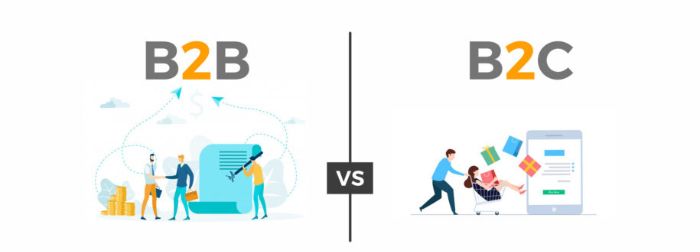
Before stepping into the differentiating characteristics, you need to keep an eye on these two models’ target audience.
B2B businesses target wholesalers, manufacturers and distributors, while B2C only targets retailers. B2B’s customers usually represent a collective, and therefore have particular characteristics in terms of behaviour, buying habits, benefits, etc., compared with B2C customers.
That’s why in the big picture, you can see that the most prominent characteristics mentioned below are primarily related to the target audience of these two e-commerce models.
1. Customer journey
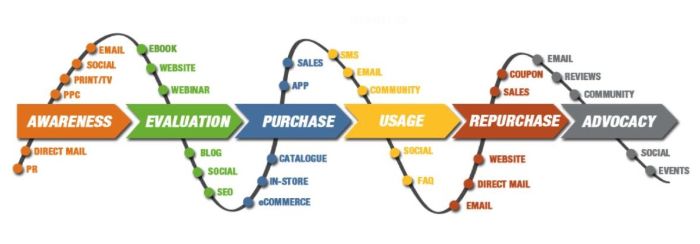
One of the main differences between B2B and B2C in ecommerce is the customer journey.
The customer journey of a B2C enterprise is described in the picture below, consisting of 4 consecutive psychological steps of corresponding actions: Awareness, Consideration, Decision and Nurture.
Most B2C customers go through the steps mentioned above during and after making a buying decision.
The customer journey of a wholesaler will generally be similar to that of a B2C customer. However, the B2B customer has more unpredictable, and they also have a much-complicated customer journey.
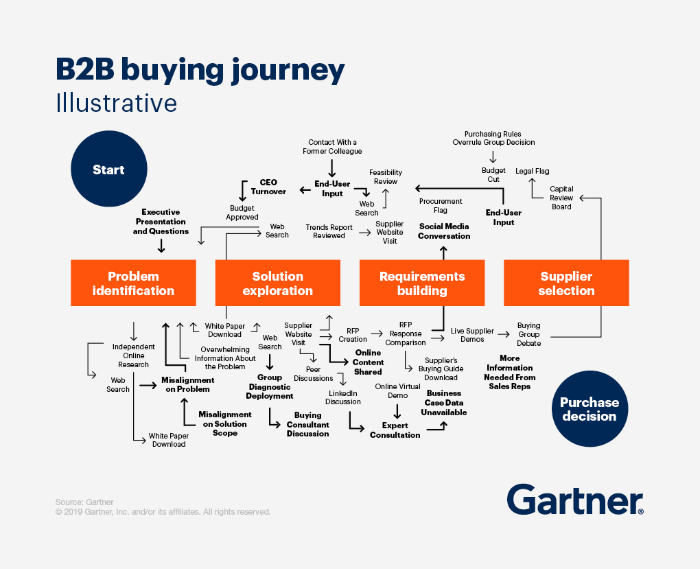
Check out: Top 10+ B2B2C ECommerce Examples Of Website In 2023
Wholesale customers are affected by the collective nature and the volume of orders. Contrasting opinions from many individuals will take much time in making a purchasing decision. It tends to repeat many times before reaching a final decision. The large number of purchases made is also the primary factor affecting the speed of the process.
2. Purchase decision
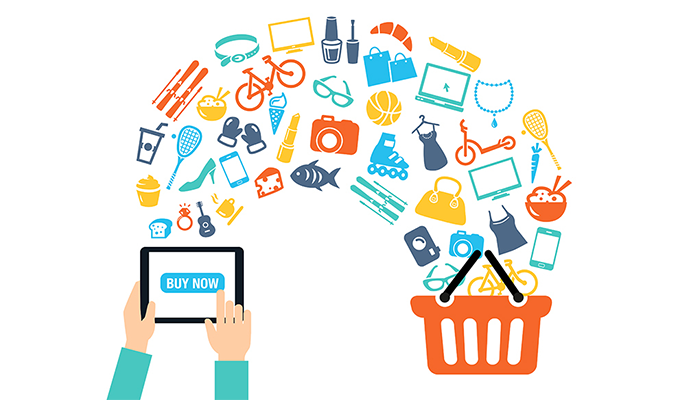
Unlike B2C customers, most B2B customers consider choosing products from suppliers through logic, facts. They always want to find the price that is most beneficial to their sales strategy.
On the contrary, B2C customers will most likely not care about the price if the products they need to buy are at moderate prices, such as essential commodities (drinks, foods, etc.). Their buying decision is mostly emotional.
3. Buyer lifecycle
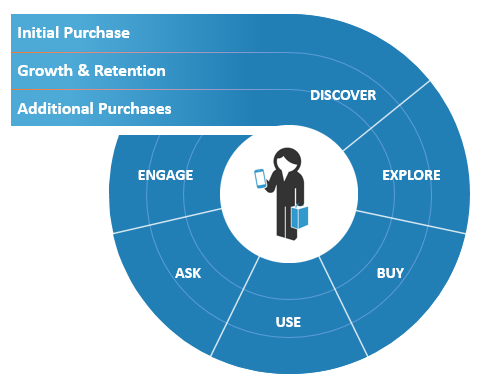
Most B2B customers look forward to a long term business relationship with you. They rarely change supply if there is no sudden change, such as a technological breakthrough or an economic crisis.
Meanwhile, B2C customers buy less often and quickly change when meeting a new brand that suits them. They are also influenced by external factors such as advertising, newspapers or word of mouth.
Thus, the lifetime value of a B2B customer is more significant than that of a retail customer, which is more profitable for your business in the long run.
4. Price discrepancies
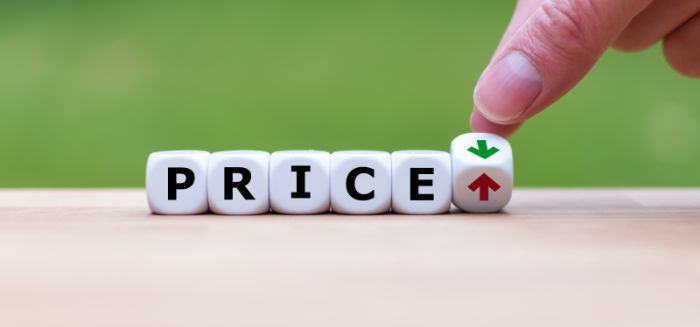
Price is the next differentiator between B2B vs B2C ecommerce. The wholesale order amount is many times larger than the order amount of retailers.
B2B customers often order large quantities over a long period need a reasonable wholesale price, which requires careful calculation to maximize profitability.
Meanwhile, B2C customers do not often make a purchase decision at your store. The quantity of each order isn’t much, so their prices are often higher than wholesale prices. Therefore, they always love discounts or special occasions promotions. They are also being affected by competitors’ promotion more often than wholesale customers.
Besides, B2C customers do not spend too much time thinking about the product price if they are inexpensive commodities.
5. Delivery fulfillment
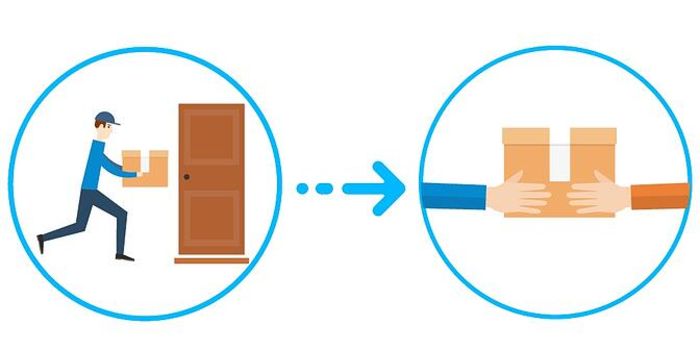
Because of the massive quantity of products per order, B2B customers often pay close attention to the delivery service quality. They also pay much attention to the order tracking when all the goods need to be delivered on time.
Wholesaler fulfilment requirements are also much stricter when it comes to terms and regulations.
We already compare B2B and B2C e commerce and hope that this article has been helpful for you. BSS Commerce is a full-service eCommerce development agency such as Magento 2 development service, Shopify Plus Development…that provides all-in-one solutions for B2B, B2C, and B2B2C worldwide.



